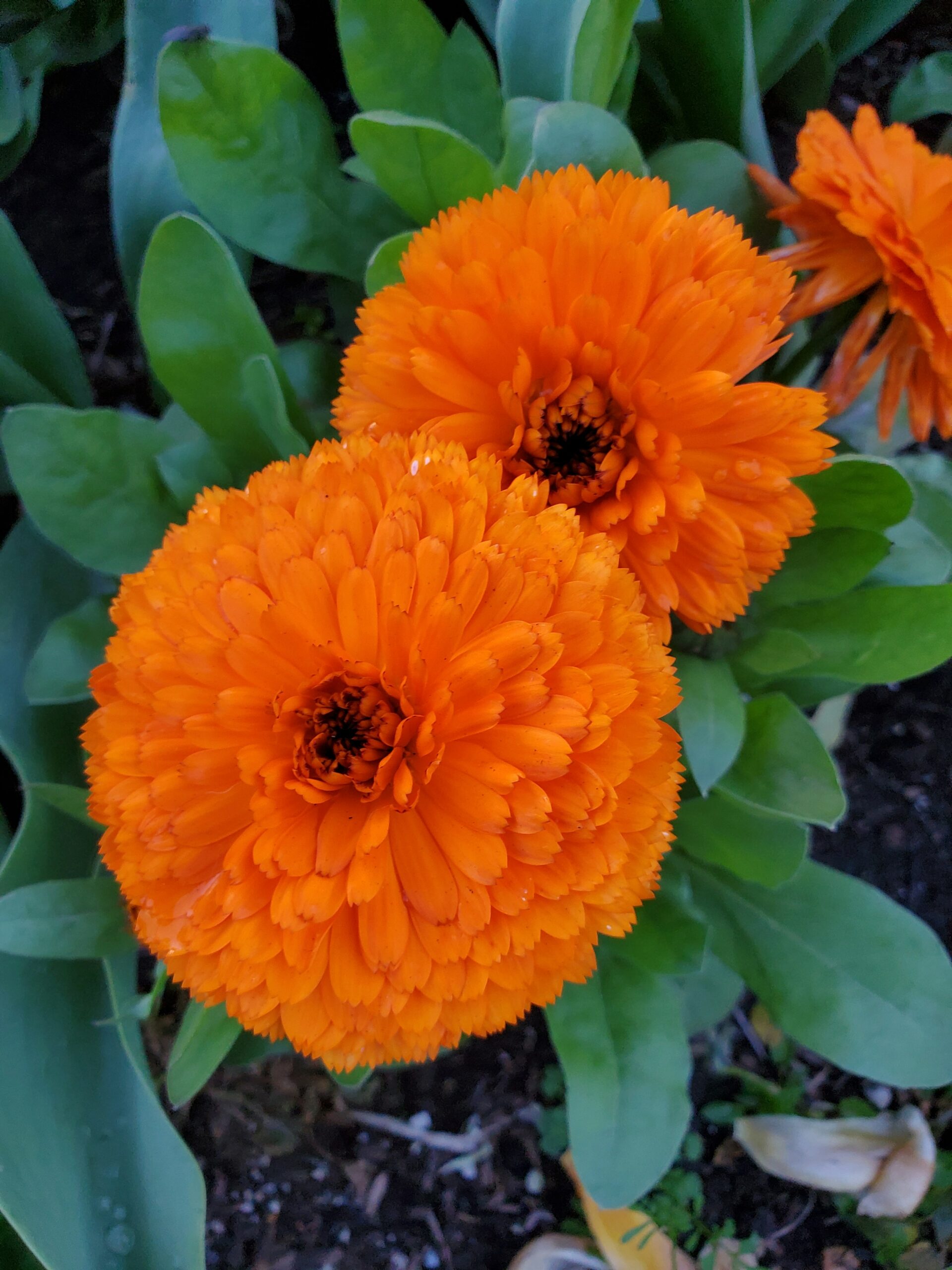Introduction
Herbal remedies have been used for centuries as a natural and holistic approach to healing. Derived from plants, these remedies offer a wide range of benefits and are often sought after for their potential to treat various ailments. In this article, we will delve into the history, practices, principles, and types of herbal remedies, as well as their potential benefits and treatments.
History of Herbal Remedies
The use of herbal remedies dates back thousands of years, with evidence of their use found in ancient civilizations such as the Egyptians, Greeks, and Chinese. These cultures recognized the healing properties of plants and developed sophisticated systems of herbal medicine. Over time, knowledge and practices were passed down through generations, leading to the development of traditional herbal medicine systems around the world.
What Herbal Remedies Practitioners Do
Herbal remedy practitioners, also known as herbalists, are trained professionals who specialize in the use of plant-based remedies to promote health and well-being. They assess individual needs, taking into account medical history, lifestyle, and specific symptoms, to create personalized treatment plans. Herbalists may recommend various forms of herbal remedies, including teas, tinctures, capsules, or topical applications.
Principles of Herbal Remedies
Herbal remedies are guided by several key principles:
- Individuality: Treatments are tailored to the individual’s unique needs and constitution.
- Holistic Approach: Herbalists consider the whole person, taking into account physical, emotional, and spiritual aspects of health.
- Safety: Herbal remedies are generally considered safe when used appropriately, but caution should be exercised, especially when combining them with conventional medications.
- Prevention: Herbal medicine emphasizes the importance of preventive care and maintaining overall well-being.
Various Types of Herbal Remedies
There are numerous types of herbal remedies, each with its own unique properties and applications. Some common types include:
- Herbal Teas: Infusions of herbs in hot water, often used for their soothing and therapeutic effects.
- Tinctures: Concentrated extracts made by soaking herbs in alcohol or other solvents, known for their long shelf life and ease of use.
- Poultices: Herbal mixtures applied directly to the skin to alleviate inflammation, pain, or infection.
- Essential Oils: Highly concentrated plant extracts used in aromatherapy or diluted for topical use.
Benefits of Herbal Remedies
Herbal remedies offer a range of potential benefits, including:
- Natural Healing: Herbal remedies work in harmony with the body’s natural healing processes.
- Reduced Side Effects: Compared to some conventional medications, herbal remedies often have fewer side effects.
- Supporting Overall Well-being: Herbal remedies can help promote balance and vitality in the body.
- Accessible and Affordable: Many herbal remedies are readily available and cost-effective.
Possible Treatments
Herbal remedies can be used to address a wide range of conditions, including but not limited to:
- Stress and anxiety
- Insomnia and sleep disorders
- Digestive issues
- Respiratory conditions
- Skin conditions
- Hormonal imbalances
It is important to note that while herbal remedies can be beneficial, they should not replace medical advice or treatment. It is always advisable to consult with a qualified healthcare professional before starting any herbal remedy regimen.
Conclusion
Herbal remedies have a rich history and continue to be valued for their potential healing properties. Whether used as a complementary approach or as part of a holistic treatment plan, these natural remedies offer a gentle and time-tested alternative to conventional medicine. By understanding the principles, types, and potential benefits of herbal remedies, individuals can explore the world of herbal medicine and make informed choices for their health and well-being.



